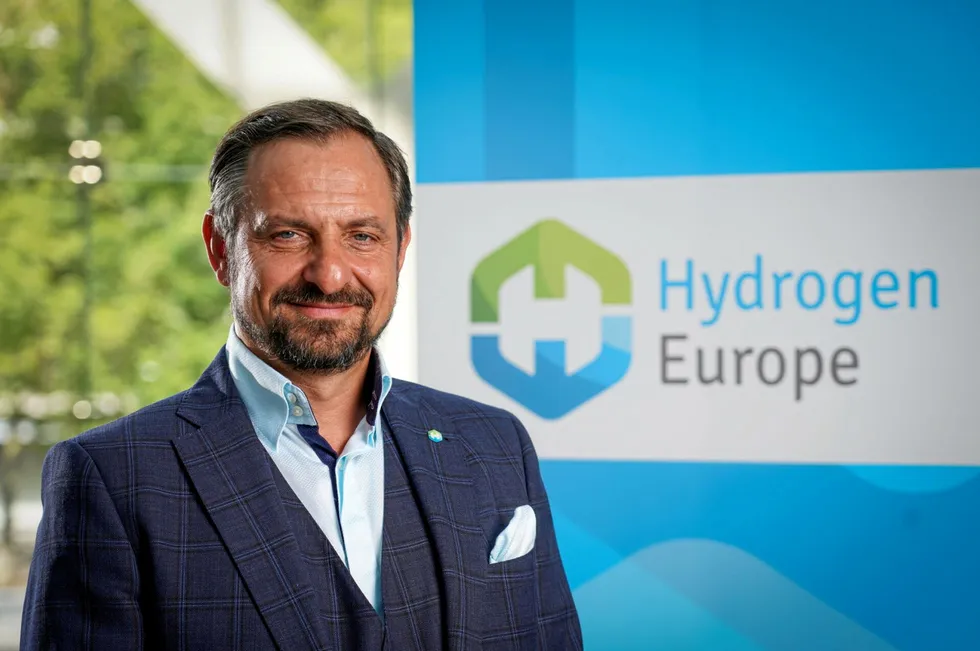'Far from perfect' | Strict rules in new delegated act will 'make green H2 projects more expensive': Hydrogen Europe
Announcement is nevertheless welcomed by industry as it will enable companies to ‘finalise investment decisions and business models’

Announcement is nevertheless welcomed by industry as it will enable companies to ‘finalise investment decisions and business models’
